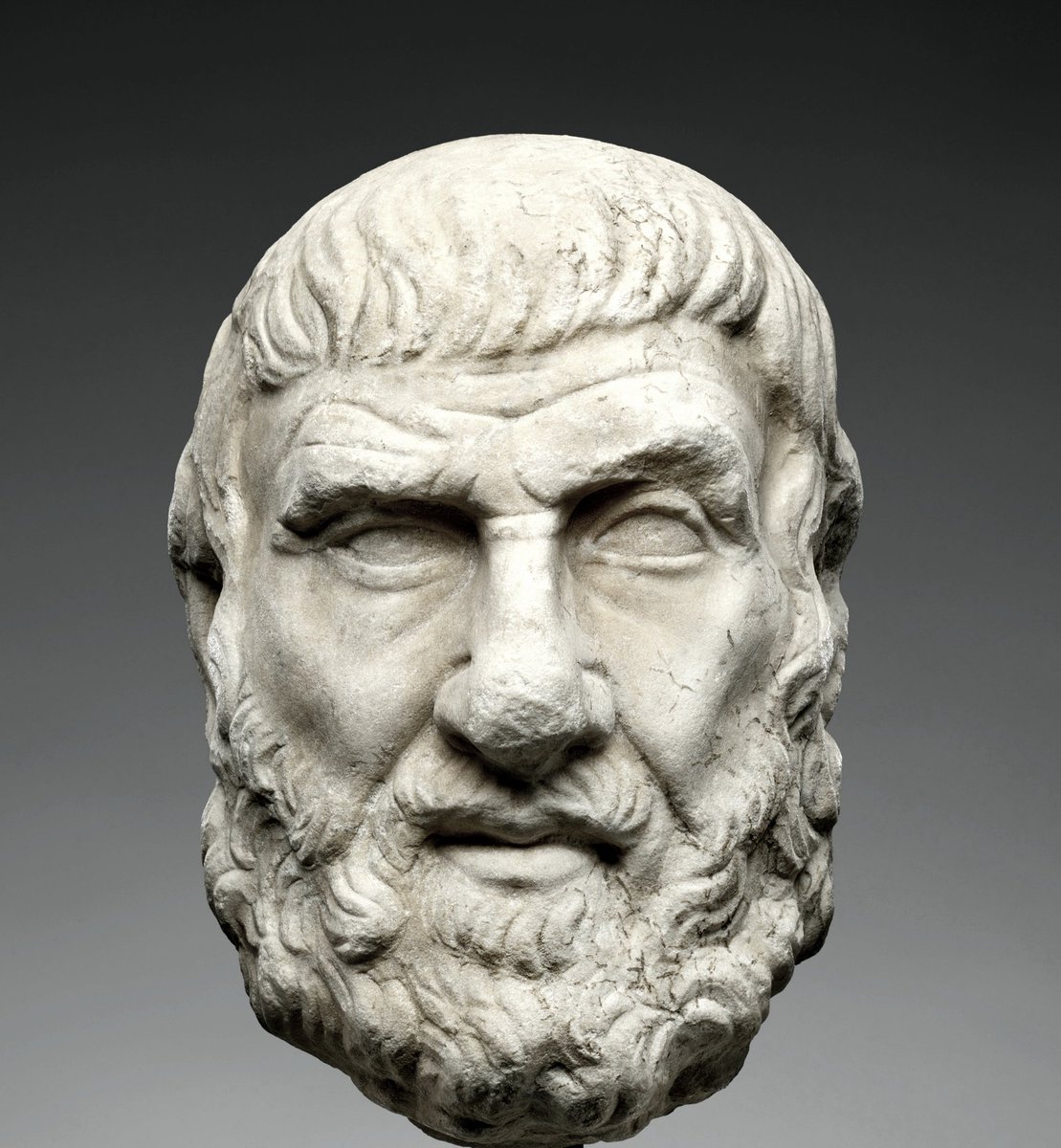Hegesias the philosopher was a contemporary of Magas of Cyrene, Ptolemy Soter's stepson who ruled 276-250 BC, he favored the study of philosophy [4]
It has been argued the philosophy of Hegesias displays striking similarities with the tenets of Buddhism, especially Dukkha or "suffering". [5]















